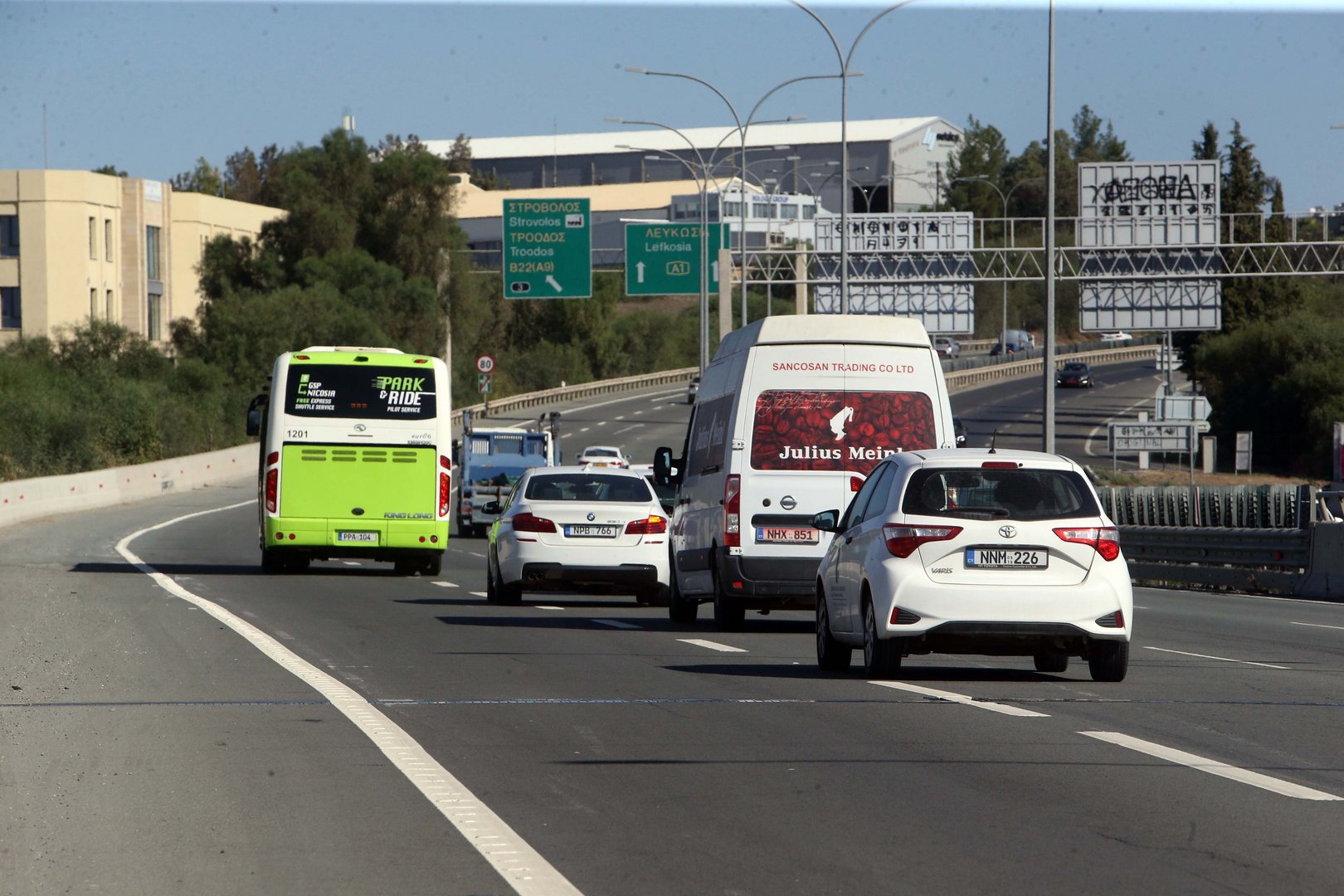Lawmakers on Tuesday cautioned that people cannot withstand a carbon tax coming down the pipe in early 2024, but government officials insisted they have no choice.
The matter was discussed at the House energy committee, a week after news broke that the government will roll out a carbon tax early next year – as part of its commitments to the EU, specifically the national Recovery and Resilience Plan.
MPs heard the finance ministry is currently working with various government departments in drafting the relevant bills.
Nasia Symeonidou, a senior official at the ministry, said that ‘green taxation’ is intended to “deal with the weaknesses in the management of waste, water resources and climate change.”
Cyprus, she said, ranks among the three countries in the EU with the highest greenhouse gas emissions. The government has commissioned a study for the design and implementation of a ‘green tax reform’ – described as a milestone within the context of the Recovery and Resilience Plan.
According to the official, a consultation is already underway between government agencies and the private sector. Once the bills are drafted, a public consultation on them will take place.
Should the tax reform be implemented according to the recommendations so far, its estimated impact would be a 12 per cent reduction in emissions.
Symeonidou said that 49 per cent of emissions originate from the transport sector.
The ‘green tax reform’, she added, is being introduced to encourage people to change their environmental habits – rather than to burden people with new taxes.
Implementation would be gradual, from 2024 to 2030. The University of Cyprus Research Centre is in the process of designing offset benefits.
As reported last week by the Cyprus Mail, the offsets might come in the form of direct cash injections and/or subsidies for installing solar panels.
For his part, chair of the energy committee Kyriacos Hadjiyiannis (Disy) wondered whether Cypriots can “cope” with another tax at this time.
He said the government hasn’t convinced them that levying a carbon tax will bring about the stated desired outcome. After all, funds created for this purpose – for example the Renewable Energy Fund – have done next to nothing in curbing emissions.
Chiming in, Disy MP Averof Neophytou noted that Cyprus – as an island isolated from the European mainland – ought to have sought certain exemptions from the EU’s green targets.
“The green transition is one more tool of the northerners,” he said, without specifying, “to tackle inflation.”
The MP argued that Cyprus will never have reliable public transport, since the cities were not designed to accommodate this type of infrastructure.
The millions of euro given out “for empty buses” should have been allocated elsewhere, providing some relief to households.
Akel’s Costa Costa likewise harangued the government for intending to bring a new tax on fuel at a time when fuel prices are getting more and more expensive, with the knock-on effect on the cost of essential goods.
He called on the finance minister to personally attend an upcoming committee session “to discuss this very serious matter.”
It’s understood that the planned carbon tax – and the respective offsets – are a small part of an overall drive to overhaul the entire tax regime – including corporate and income tax.







Click here to change your cookie preferences